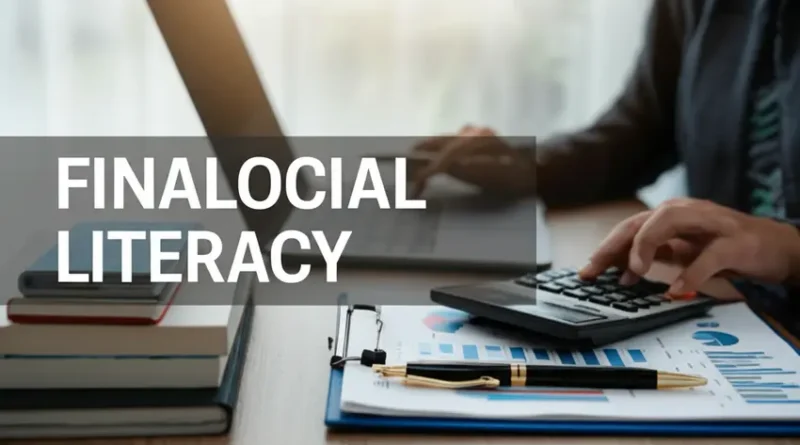The Best Ways to Increase Your Financial Literacy
In today’s complex financial landscape, understanding the principles of finance is more vital than ever. Whether you are managing personal finances, investing, or planning for retirement, being financially literate equips you with the tools necessary to make informed decisions. Improving your financial literacy is an ongoing journey and can significantly impact your financial health and wellbeing.
Here are some of the best ways to hone your financial skills:
1. Educate Yourself
Start with the basics. Familiarize yourself with essential terms such as budgeting, saving, investing, taxes, and debt management. There are numerous free resources available online, including articles, blogs, podcasts, and videos that can help clarify these concepts. Websites like Investopedia and Khan Academy offer extensive courses that cover a variety of financial topics.
2. Read Financial Books
Books are a treasure trove of knowledge. Some of the industry’s leading experts share their insights, tips, and strategies through their writings. Classics like “Rich Dad Poor Dad” by Robert Kiyosaki and “The Total Money Makeover” by Dave Ramsey are great starting points. Delve into books on investment strategies, budgeting, and economic theory to broaden your understanding of financial principles.
3. Take Online Courses
There are countless online platforms that offer courses on personal finance and investing. Websites like Coursera, Udemy, and edX offer courses designed by professionals in the industry, some even for free or at a nominal fee. These structured courses provide thorough insights and often include interactive content, worksheets, and assessments to enhance learning.
4. Listen to Financial Podcasts
Podcasts are an excellent way to consume financial content while on the go. They often feature discussions on varied topics, interviews with finance experts, and real-life lessons learned through financial experiences. Popular finance podcasts include “The Dave Ramsey Show,” “Smart Passive Income,” and “BiggerPockets Money.” Find one that resonates with you and subscribe!
5. Watch Financial Documentaries
Visual content can often explain complicated topics more effectively than written content. Documentaries related to finance, economics, or even consumer behavior can provide enlightening perspectives. Films like “Inside Job” or “The Big Short” not only entertain but offer valuable lessons on the financial system and its pitfalls.
6. Join Financial Literacy Programs
Many communities offer financial literacy workshops and seminars that provide hands-on learning. These programs can guide you on important topics such as budgeting, investing, and even retirement planning. Check with local community centers or libraries for resources in your area. Additionally, nonprofit organizations often run such programs aimed at reducing financial illiteracy.
7. Network with Financial Experts
Connecting with financial advisors or industry professionals can provide you with insights that you might not gain from books or courses alone. Attend finance-related networking events or webinars to meet with experts. Having a mentor in this space can guide you through obstacles and offer advice on how to navigate your financial journey more effectively.
8. Practice Budgeting
Putting theory into practice is essential for reinforcing what you learn. Start by creating a budget using different methods like the envelope system or the 50/30/20 rule. Tracking your income and expenses will not only help you gain insights into your spending habits but also sharpen your financial management skills. Utilize budgeting apps like Mint or You Need A Budget to simplify this process and keep yourself accountable.
9. Stay Informed About Financial News
Staying up-to-date with the financial markets, economy, and current news is essential for making informed financial decisions. Subscribing to financial news outlets like Bloomberg, CNBC, or The Wall Street Journal can help. Follow trends and learn how global events can impact financial markets and your personal investments.
10. Learn Through Practice
The best way to deepen your understanding of financial concepts is through real-life experiences. Start investing in stocks or mutual funds, even with a small amount. Consider using mock investment platforms to practice trading without risking actual money. Engaging in personal finance management will cement your knowledge and improve your confidence.
With determination and a proactive approach, enhancing your financial literacy can transform how you manage your finances. Not only will you gain practical skills, but you will also cultivate a mindset geared towards informed financial decision-making.




